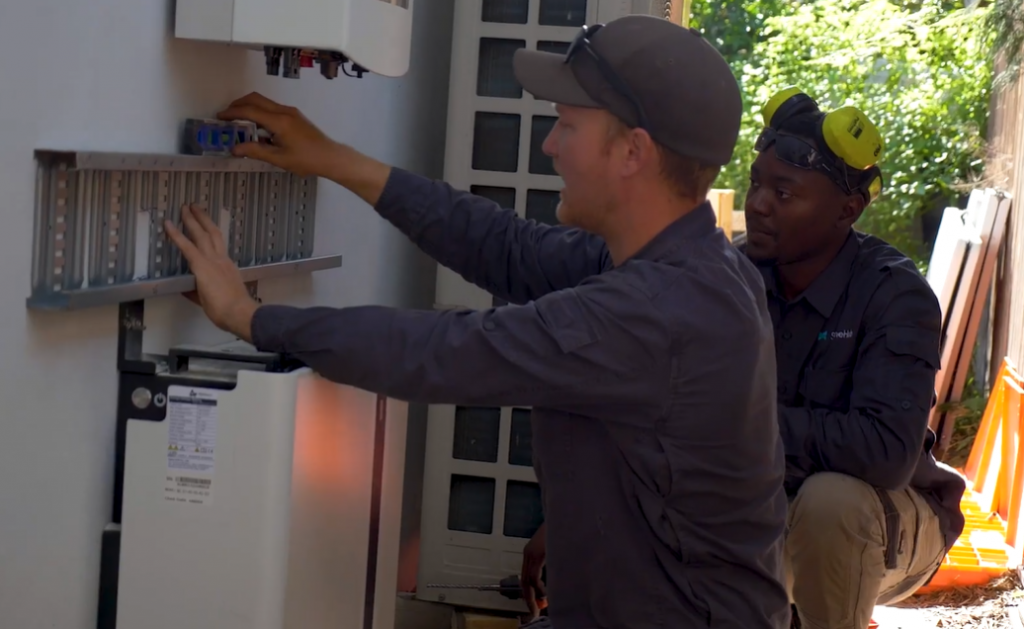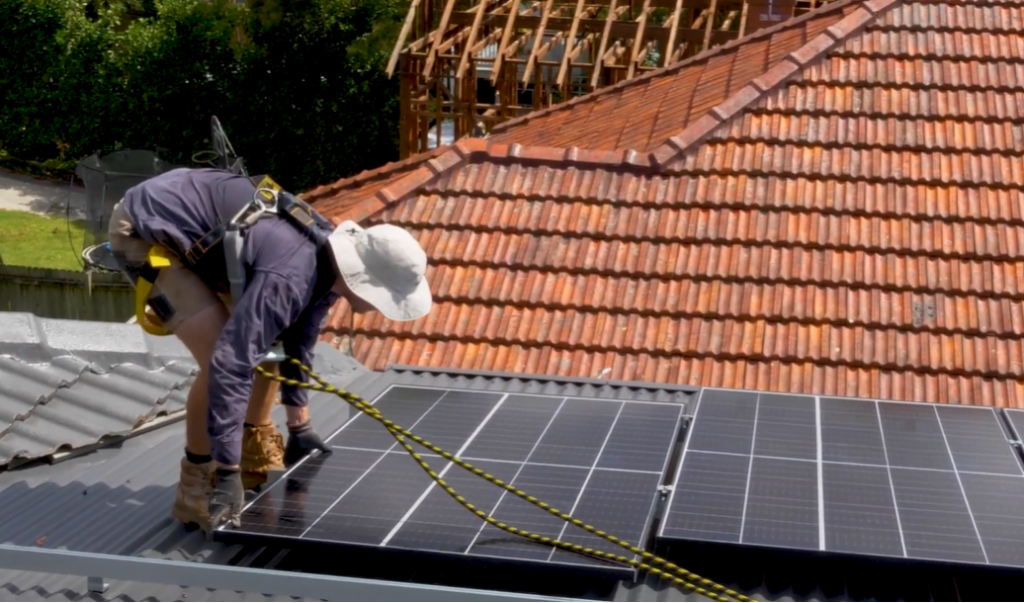06 Sep. 23
Solar Hot Water System: A Step Towards Greener Sydney
Having spent more than 20 years as a solar hot water plumber in Sydney, I’ve experienced first-hand the increasing shift towards more sustainable living practices. As Sydney residents strive for a greener city, solar hot water systems are taking center stage. This article will delve into why these systems represent a significant stride toward a sustainable future. Discover more about solar hot water in Sydney.
Understanding Solar Hot Water Systems
A solar hot water system utilizes the immense power of the sun to heat water. At its core, it has solar collectors, usually installed on the roof, which absorbs the sun’s energy. This energy is then transferred to water stored in a tank, either directly or via a heat exchanger, ready for use when needed.
There are two main types of solar hot water systems: thermosiphon and split systems. Thermosiphon systems have the storage tank and the solar collectors both mounted on the roof, relying on natural convection to circulate the water. In contrast, split systems have a storage tank on the ground, and a pump is used to circulate the water.
Why Solar Hot Water Systems are the Green Choice
Solar hot water systems provide several environmental benefits. Here are a few key reasons why they are integral to a greener Sydney:
- Reducing Carbon Emissions: For every kilowatt-hour (kWh) of electricity generated by solar energy, about one kilogram of CO2 emissions is averted compared to conventional electricity, according to the Australian PV Institute. Given that an average 4-person household in Sydney uses around 2,800 kWh per year for water heating, shifting to solar could prevent over 2.8 tonnes of CO2 emissions per year.
- Saving Energy: Solar hot water systems are extremely efficient. They can cover 60-90% of a household’s hot water needs using the sun’s energy, reducing reliance on grid electricity or gas. With 2,364 hours of annual sunshine, Sydney is ideally suited for solar energy harnessing.
- Promoting Renewable Energy Use: Solar hot water systems contribute to Australia’s renewable energy targets. The government’s Renewable Energy Target (RET) scheme aims to ensure that at least 33,000 GWh of Australia’s electricity comes from renewable sources by 2030.

The Green and Economic Symbiosis
Investing in a solar hot water system doesn’t just reduce your carbon footprint; it can also significantly reduce your energy bills. As reported by the Australian Energy Regulator in 2023, Sydney residents pay an average of 28.34 cents per kWh for electricity. This translates to over $790 per year on heating water for a typical household. By covering most of your hot water needs with solar energy, you could save between $475 and $710 annually.
Moreover, the Australian government offers generous incentives for installing solar hot water systems under the Small-scale Renewable Energy Scheme, helping to offset the initial cost.

The Road to a Greener Sydney
The journey to a greener Sydney is a collective effort, and the adoption of solar hot water systems is a significant part of this. As the famous environmentalist Rachel Carson once said, “In nature, nothing exists alone.” The decision to install a solar hot water system is not just about reducing energy bills; it’s about understanding our connection with the environment and making choices that preserve it for future generations.

If you’re considering making the switch to a solar hot water system, it’s crucial to ensure it is professionally installed and maintained. With over two decades of experience in the industry, I can provide the expertise and advice you need to make a successful and eco-friendly transition. Remember, a greener Sydney starts at home.



